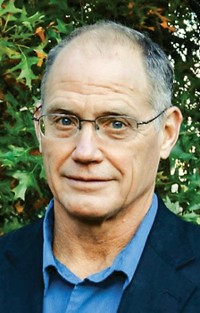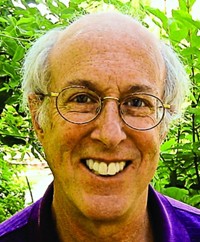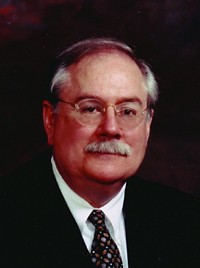Advertisement
Grab your lab coat. Let's get started
Welcome!
Welcome!
Create an account below to get 6 C&EN articles per month, receive newsletters and more - all free.
It seems this is your first time logging in online. Please enter the following information to continue.
As an ACS member you automatically get access to this site. All we need is few more details to create your reading experience.
Not you? Sign in with a different account.
Not you? Sign in with a different account.
ERROR 1
ERROR 1
ERROR 2
ERROR 2
ERROR 2
ERROR 2
ERROR 2
Password and Confirm password must match.
If you have an ACS member number, please enter it here so we can link this account to your membership. (optional)
ERROR 2
ACS values your privacy. By submitting your information, you are gaining access to C&EN and subscribing to our weekly newsletter. We use the information you provide to make your reading experience better, and we will never sell your data to third party members.
Synthesis
Ernest Guenther Award in the Chemistry of Natural Products
Sponsored by Givaudan
by Kenneth Moore
January 31, 2011
| A version of this story appeared in
Volume 89, Issue 5
For someone who says chemistry was the most difficult subject he encountered in his early years at college, Robert M. Williams has surely proven his mettle. He is being honored with this award for his “creative and judicious deployment of natural products total synthesis to interrogate hypotheses concerning the biomechanism and/or biosynthesis of complex, biologically significant natural products.”
“I have a personality that gravitates toward challenge, not away from it,” says Williams, 57, the University Distinguished Professor of Chemistry at Colorado State University, Fort Collins. That drive led him to seek the intellectual challenges involved in chemical synthesis while working as an undergraduate under Nobel Laureate Ei-ichi Negishi at Syracuse University. Williams earned a B.A. in chemistry at Syracuse in 1975 and a Ph.D. in organic chemistry from Massachusetts Institute of Technology in 1979. In R. B. Woodward’s lab at Harvard University from 1979 to 1980, Williams performed postdoctoral work focused on the total synthesis of erythromycin A, an antimicrobial compound. After the stint at Harvard, he became an assistant professor at CSU.
“There are new discoveries and puzzles at every turn,” Williams says of his decades researching the biosynthesis and mechanism of biologically active natural products. “It’s very stimulating and exciting to be a discoverer/explorer.”
Williams has “applied a rigorous battery of organic syntheses to probe the mechanistic aspects related to the biological chemistry of several classes of natural products and to elucidate the pathways involved in the biosynthesis of several important families of natural products,” says Yoshito Kishi, the Morris Loeb Professor of Chemistry Emeritus at Harvard who took over as Williams’ postdoctoral supervisor after Woodward passed away in 1979.
Williams developed a versatile template for the asymmetric synthesis of amino acids and other nitrogen-containing compounds. He also elucidated mechanisms of action for several antitumor drugs, leading to the design and synthesis of new agents with therapeutic potential. In the biosynthesis field, Williams says, his work has helped shift the focus of natural product total synthesis from the end product of a multistep biosynthetic pathway to the intermediates generated along the way. “All of these intermediates are natural products themselves and attractive targets for synthesis,” he says. “The total synthesis accomplishment should be a beginning of a larger, more intellectually penetrating program, not the end of a short project.”
That far-reaching emphasis is one of the reasons Williams “is a role model for youngsters in the field,” says Phil S. Baran, a professor of chemistry at Scripps Research Institute, in La Jolla, Calif. “He has set an inspiring example.”
Williams has received multiple awards, including a 2002 ACS Arthur C. Cope Scholar Award. He has 259 articles published or in press, has authored one book and 12 book chapters, and holds five patents.
When Williams isn’t synthesizing in the lab, he enjoys cycling and playing golf in the warm months and downhill skiing in the winter. He also builds furniture and small, specialized items from exotic hardwoods, and he plays lead electric guitar in a band.
Williams will present the award address before the ACS Division of Organic Chemistry.






Join the conversation
Contact the reporter
Submit a Letter to the Editor for publication
Engage with us on Twitter